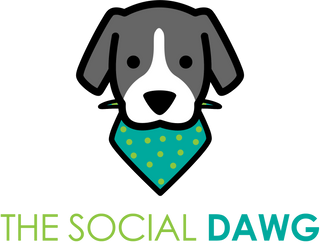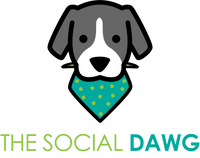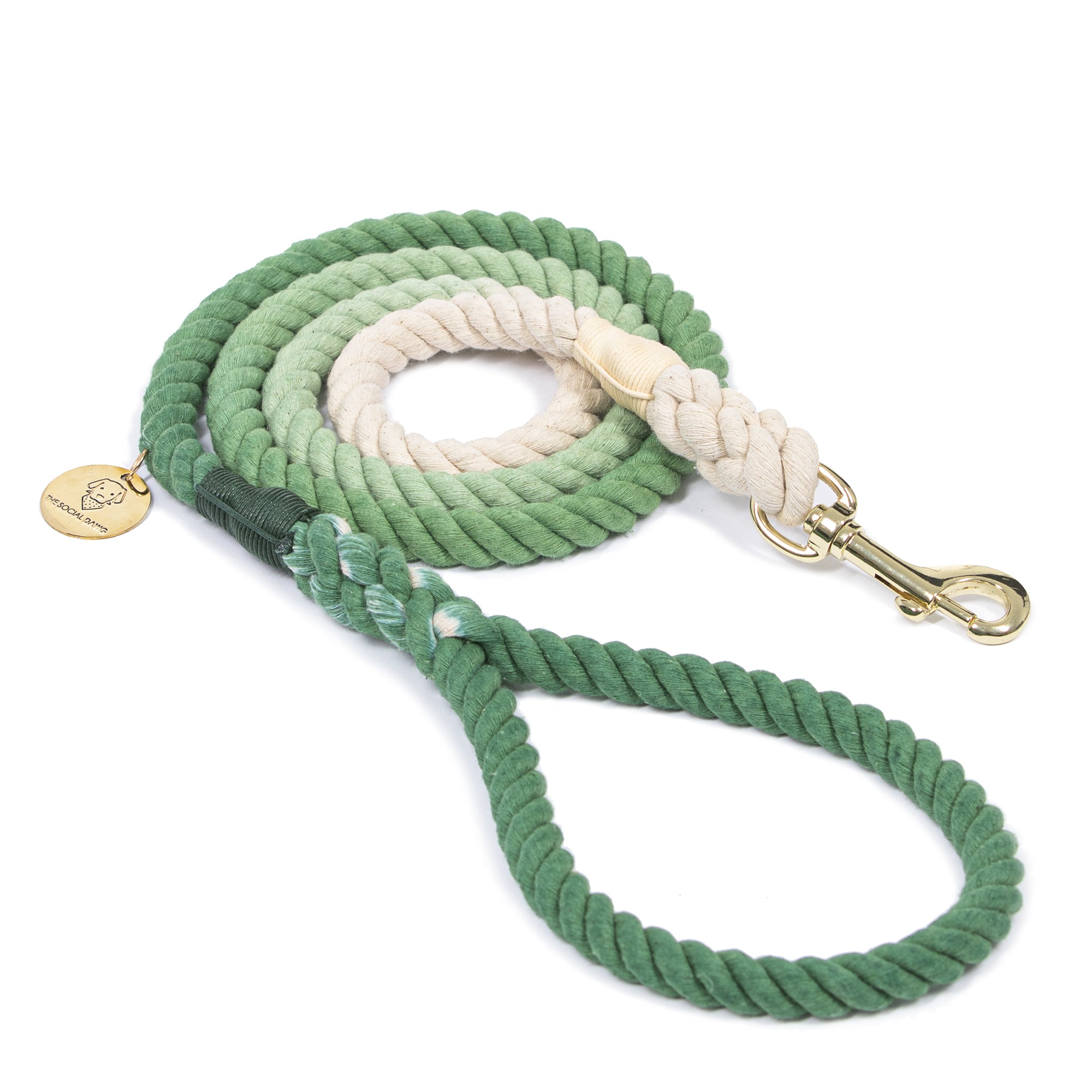Human Foods That Are Harmful to Dogs

Some human food can be extremely harmful to dogs. Learn which foods your dog can and can’t eat.
More and more pet owners are turning to natural, home-cooked meals for their pets so they can monitor what goes into their diets. Even if you’re super diligent about not giving your pet human food, the chance that they grab something off the floor while you're cooking, or get into the garbage when you leave the house is high, especially with puppies. If you’re a dog owner that likes to give your pet treats from the table, it's critical to have an understanding of safe human foods for dogs.
In most homes, dog parents tend to be lax about what foods they give their furry friend. Our dogs can hear you peeling a banana or opening the peanut butter jar. As soon as they hear those sounds they come running, wagging their tails and stare at you with the most adorable eyes you’ve ever seen; who can relate?
Turns out, some human food can actually be good for your dog to eat. So, whether you’ve got a strict, no human food policy or not, here are some foods to be aware of when you have dogs in your home.
Harmful Foods for Dogs
Some of these foods have been on the list for years, so you might not be super surprised by them. Others may get you thinking twice about feeding Fido anything and everything he wants. It is important to remember that weight matters when it comes to dogs ingesting toxic foods. If your dog is larger than 20 lbs, and ingests one chocolate chip, or a piece of onion, there is likely no reason to panic. For smaller dogs, 20 lbs and under, a small amount of any of these foods could be very dangerous.
Chocolate

While chocolate is the key to a girl’s heart, the same can’t be said about chocolate for dogs. Giving your dog chocolate is a well-known no-no, but some chocolate is worse than others. Be extra careful of dark chocolate and unsweetened chocolate baking chips.
Xylitol
Xylitol is an artificial sweetener found in sugar-free gum, some sugarless candy, and many toothpastes. Xylitol is incredibly toxic to dogs, and even small amounts of Xylitol can cause liver failure. For more information, read this article by the VCA Hospital about Xylitol and its negative effects on dogs.
Onions and Garlic

Onions and garlic contain allium, which is also found in leeks, scallions, chives and shallots. A small piece of onion you drop on the floor is most definitely not something to cause alarm, but if your pet eats a large amount of onions or garlic, this could cause damage to red blood, which results in those cells not being able to carry oxygen through the body.
Avocados
While avocados are one of the trendiest foods on the market today, they are extremely poisonous to your dog. The fruit, pit, skin, and the leaves contain persin, which is a fungicidal toxin that can cause death in dogs. It’s really important not to feed your dog avocados.
Grapes and Raisins

Researchers are still unsure as to what substance is responsible for toxic reactions in dogs, however, grapes and raisins are known to cause kidney failure in dogs. Keep these fruits well out of reach from your pup.
Macadamia Nuts
According to the ASPCA, even a small amount of macadamia nuts can cause vomiting, hyperthermia, depressions and weakness in dogs. Most often, these effects appear within 12 hours of ingestion.
Caffeine

Dogs are more susceptible to the effects of caffeine than humans are. Coffee grounds, tea, soda, or diet pills all contain large amounts of caffeine that can be toxic to dogs if consumed.
Mushrooms
Most mild mushrooms are toxic. While there are specific mushrooms that will likely not hurt your pup, it's better to stay away from these edible fungi all together. If mushrooms are a vegetable you often have in your home, read more about which mushrooms could cause harm to your dog.
Ice Cream

Many dogs are lactose intolerant. While ice cream may not be toxic, it contains a lot of sugar and it's not good for dogs. Many restaurants and grocery stores sell ice cream specifically made just for dogs.
Fat Trimmings and Bones
There is a big difference between the hard bones you buy at the store, and a bone from a steak. Bones can cause choking or major blockages in a dog's digestive system if they swallow it. Fat trimmings from both cooked and uncooked meat can cause pancreatitis. It's best to take the garbage outside right away if you’re throwing bones and fat trimmings in there.
Cherries (Fruit With Pits and Seeds)

Cherries, apple seeds, peach pits, and other fruits with seeds and pits can be extremely dangerous for your dog to consume. The fleshy part of cherries and peaches are completely fine, but the pits and seeds contain cyanide, and can cause major issues internally. Some signs of cyanide poisoning are dilated pupils, difficulty breathing and red gums.
What To Do If Your Dog Eats a Toxic Food?
As dog owners, we know that scary feeling when your dog grabs something unexpectedly from the floor while you're cooking, or gets into the garbage when you leave the house. Did they eat something poisonous? How much of it did they actually eat? These situations can be super scary. If you are worried that your dog ingested a large amount of anything on the list above, call your local or emergency vet right away for further guidance.
Signs Your Pet Ate a Toxic Food:
- Lack of appetite
- Vomiting or diarrhea
- Difficulty breathing
- Lethargy
- Dilated pupils
- Profuse drooling
- Abdomen is distended or painful
- Shaking or Seizures
- Bleeding Gums
- Pale Gums
Foods Your Dog Can Eat
What Fruits Can Dogs Eat?
There are many fruits that are safe for your pet to consume, and many treats you can make at home containing fruit. Remember to remove pits and seeds from any fruit before giving it to your dog:
- Apples
- Bananas
- Pumpkins
- Peaches
- Pears
- Watermelon
What Vegetables Can Dogs Eat?

Many pet food companies use vegetables in their recipes because it adds vitamins and minerals that meats and grains just don’t provide. Here are some safe vegetables for your pet to eat:
- Carrots
- Celery
- Sweet potatoes
- Green beans
- Spinach
- Peas
- Broccoli
- Red bell peppers
For more information about feeding your dog fruits and vegetables, check out this article by the AKC about the best vegetables to feed your dog, and why!
Helpful Tips For Keeping Your Dog Safe

Owning a dog is one of the most rewarding and fun experiences in life. There’s so much joy they bring to our lives, and all we want for our furry friends is to keep them happy and safe. Here are a few tips to keep in mind when preparing food or leaving your dog home alone.
Close bathroom / bedroom doors where garbage cans are on the floor
Dogs love to wander and explore new places. If you aren’t planning on kenneling your dog when you leave, try and confine them to a safe place with minimal chewing opportunities.
Take the garbage out after preparing a meal
If you are cooking with meats, bones or any of the foods on the list from above, consider taking the garbage outside when you’re done so there’s no chance of your pup getting into it when you leave the room.
Keep pets out of the kitchen when you cook
It’s so frustrating when you’re tripping over your pup while you’re trying to prepare dinner. And trying to arm wrestle them when something hits the floor is no fun! Consider establishing a routine for your pup when you’re cooking so they aren’t tempted to body slam into your legs to grab that piece of food before it hits the floor.






